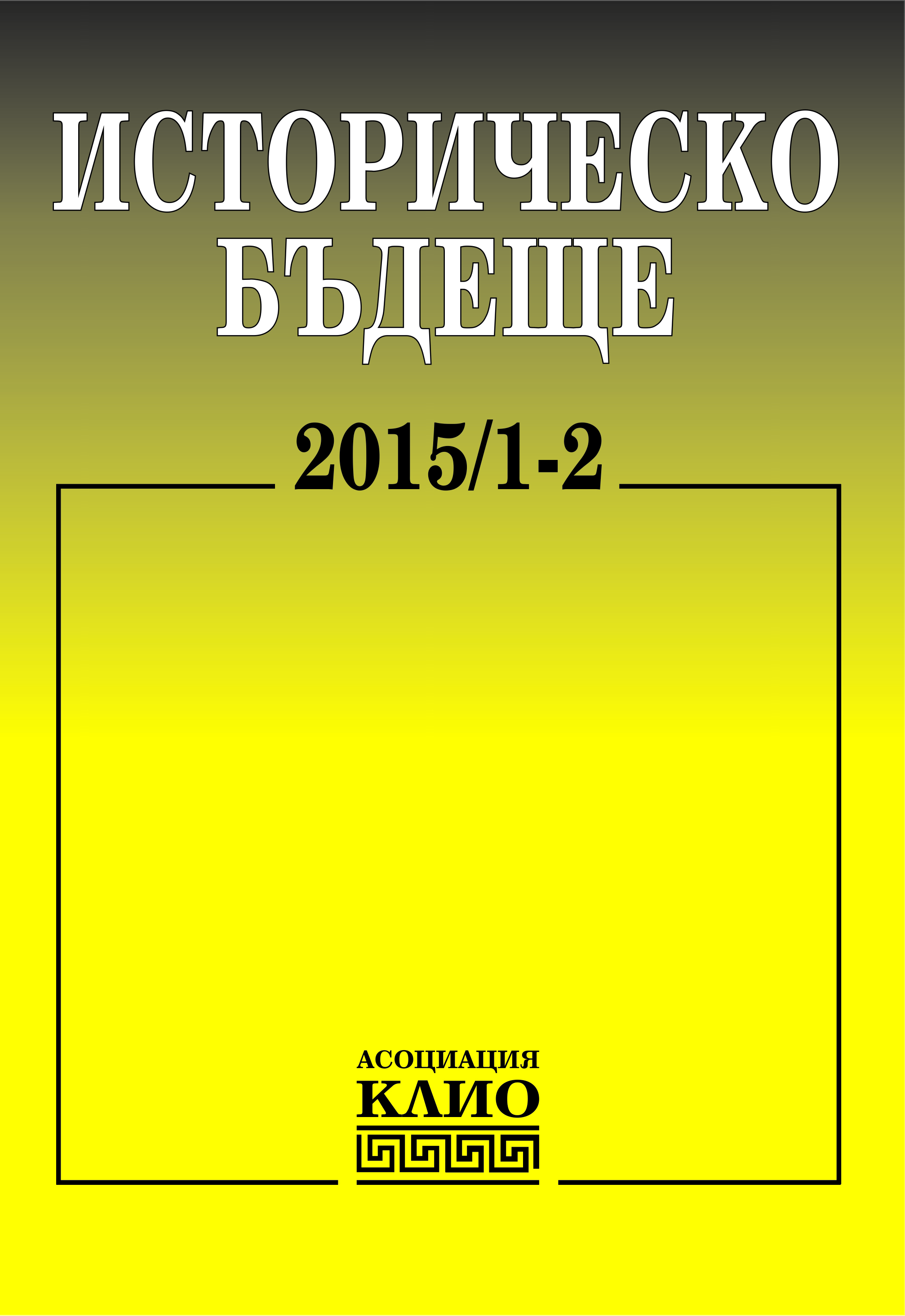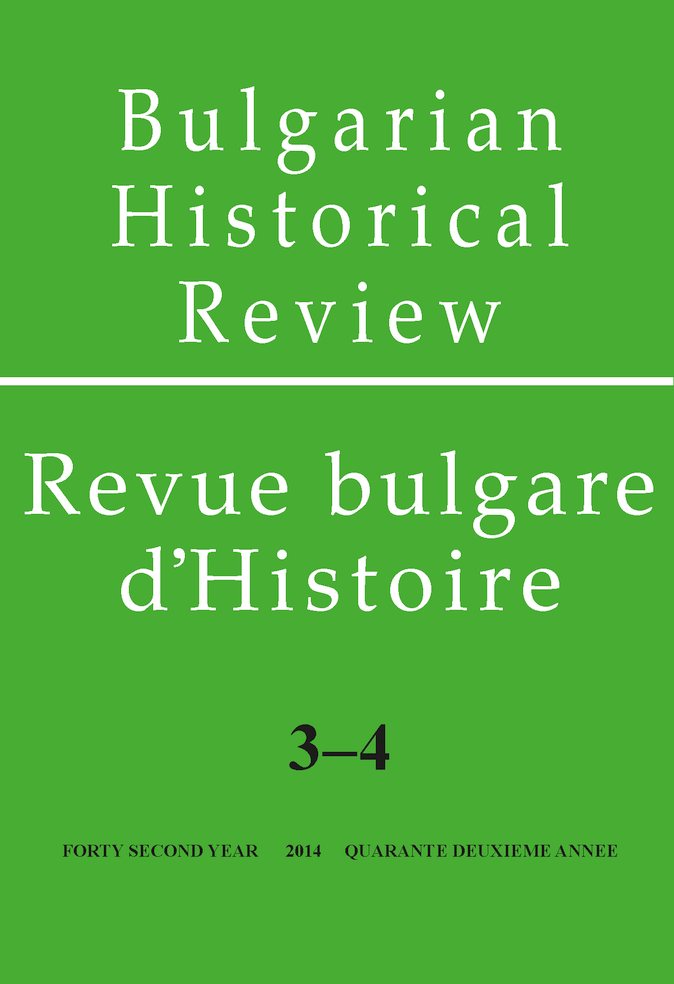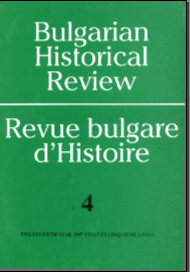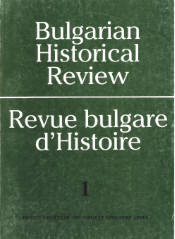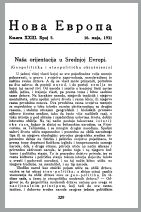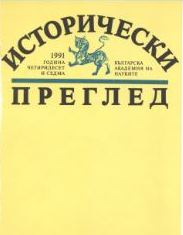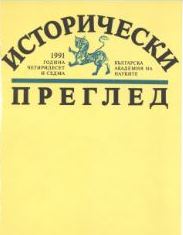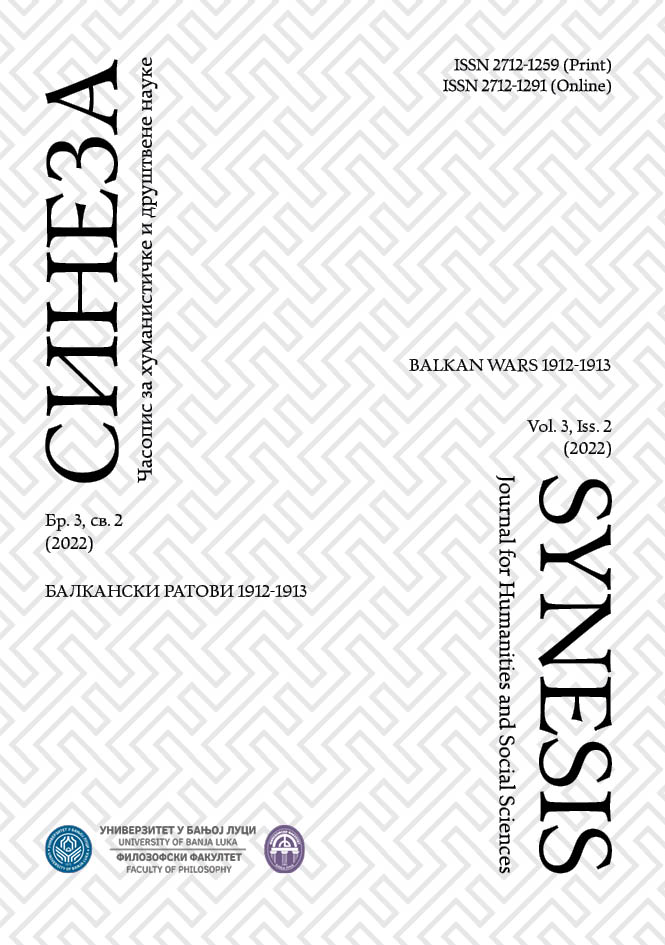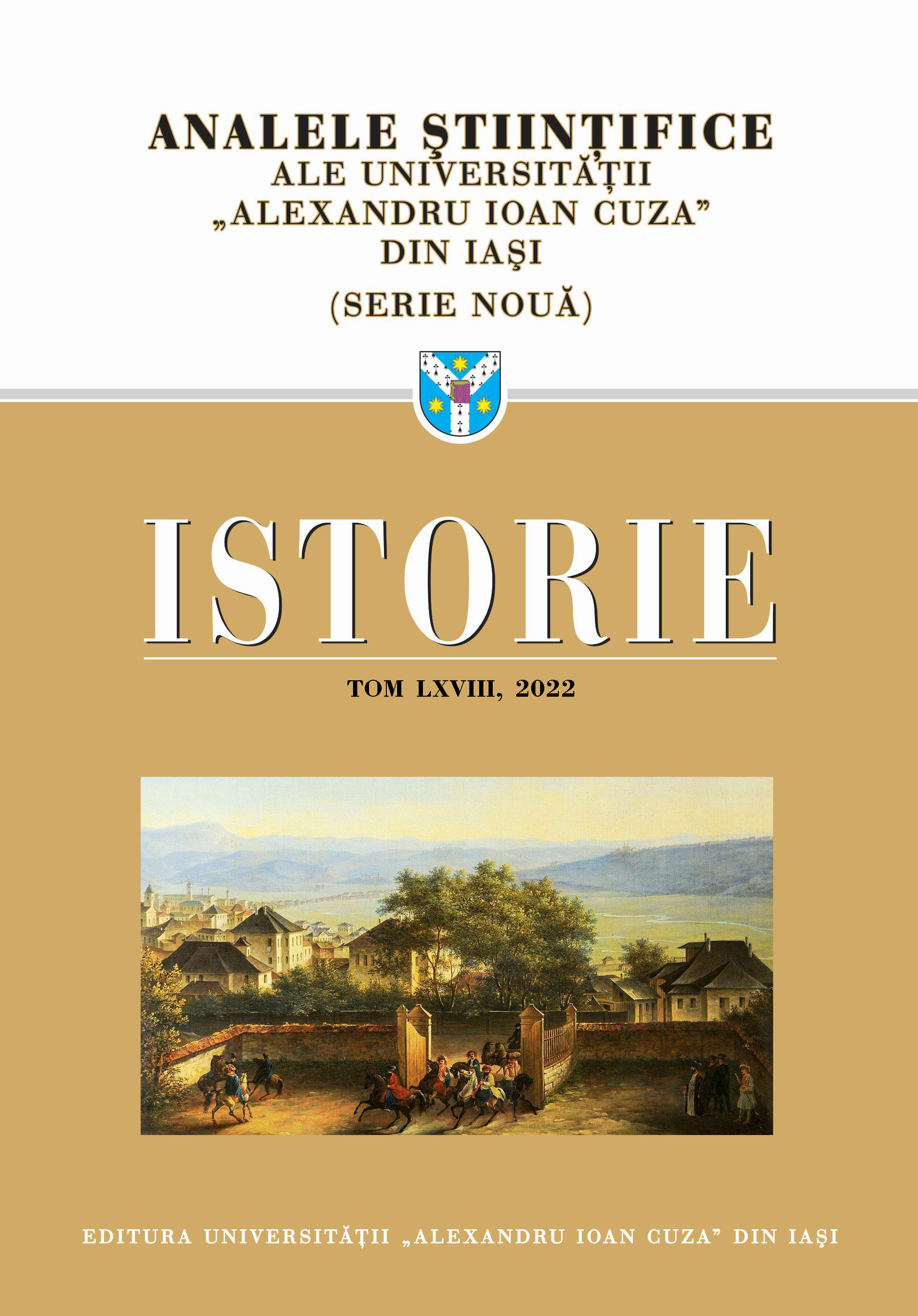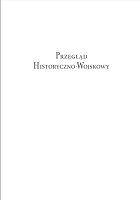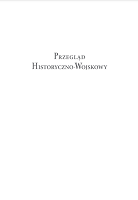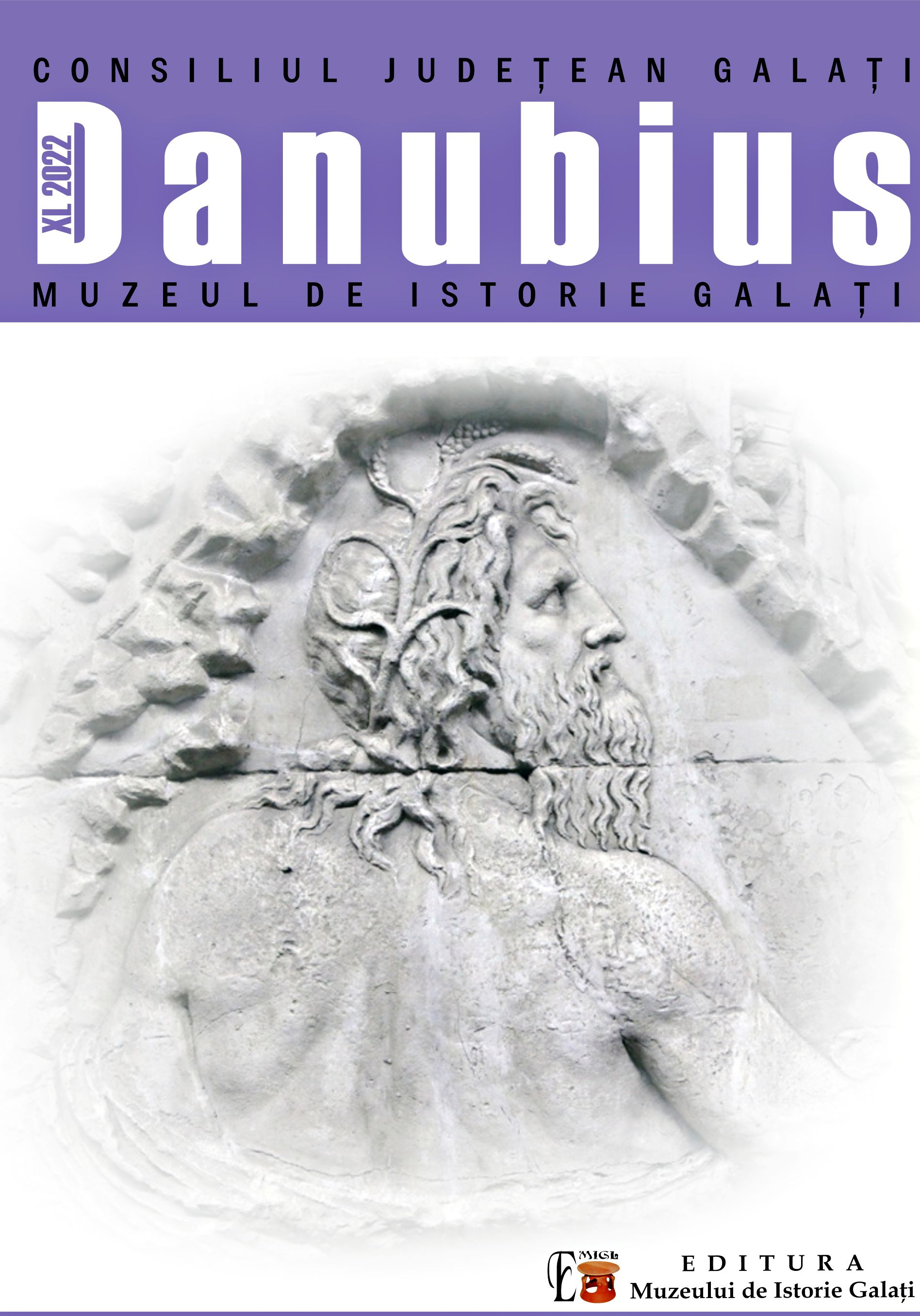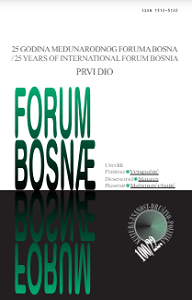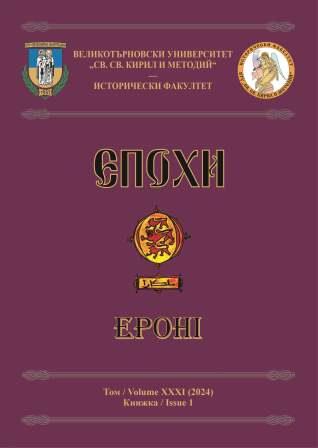Author(s): Claudiu-Lucian Topor / Language(s): English
Issue: 68/2022
Before the Great War, the Romanian Legation in Berlin represented a privileged destination for those who aspired to the higher ranks of Romanian foreign policy. It was recommended by the importance of Germany in Romania’s security strategy, the role that Berlin occupied among Romania’s allies before the war. The city on the river Spree had become a reference capital on the map of Romanian diplomacy, even before the recognition of independence. A proper diplomatic agency, the fifth after those opened in Constantinople, Paris, Belgrade or Vienna, was in operation since May 1872. The complicated negotiations and arrangements accompanying the pro-German policy of King Carol I speak of its importance. Until April 17, 1880, when the Diplomatic Legation was established, the old agency already covered a wide area of issues, not infrequently controversial ones, between the powerful Germany and the ambitious Romania of those times. Unfortunately, the complete history of the Legation, from its establishment until the severance of diplomatic ties in 1916, remained largely unwritten. Although discovered many years ago, through all kinds of laborious “archival investigations”, the history of this institution still remains a mystery. Today it is certain that it would deserve a more comprehensive historiography. Seen from an administrative point of view, the operation of the Legation remains even less known. Perhaps also for the reason that the documents kept in various archives generally contain little information, often with an arid content that the researchers may be tempted to go through without going in depth. Narratively (following the thread of diplomatic correspondence) and biographically (by rediscovering the lives of some of the ministers plenipotentiary) important progress has been made in recent years. From a military point of view (recounting the activity of the attachés in Berlin) but also from a consular one (the geography of the main Romanian consulates in Germany and the summary description of their activity) the files reveal new opportunities for successful research. This study proposes arguments for a revival of the study of Romanian-German diplomatic ties, having as a starting point the diplomatic correspondence (its relation to the major topics of European geopolitics before 1914), the bureaucratic and administrative operation (the organisational chart, together with the fluctuations taking place at the time) of diplomatic offices, the importance of honorary consulate, as well as the meaning of delegating military attachés.
More...
